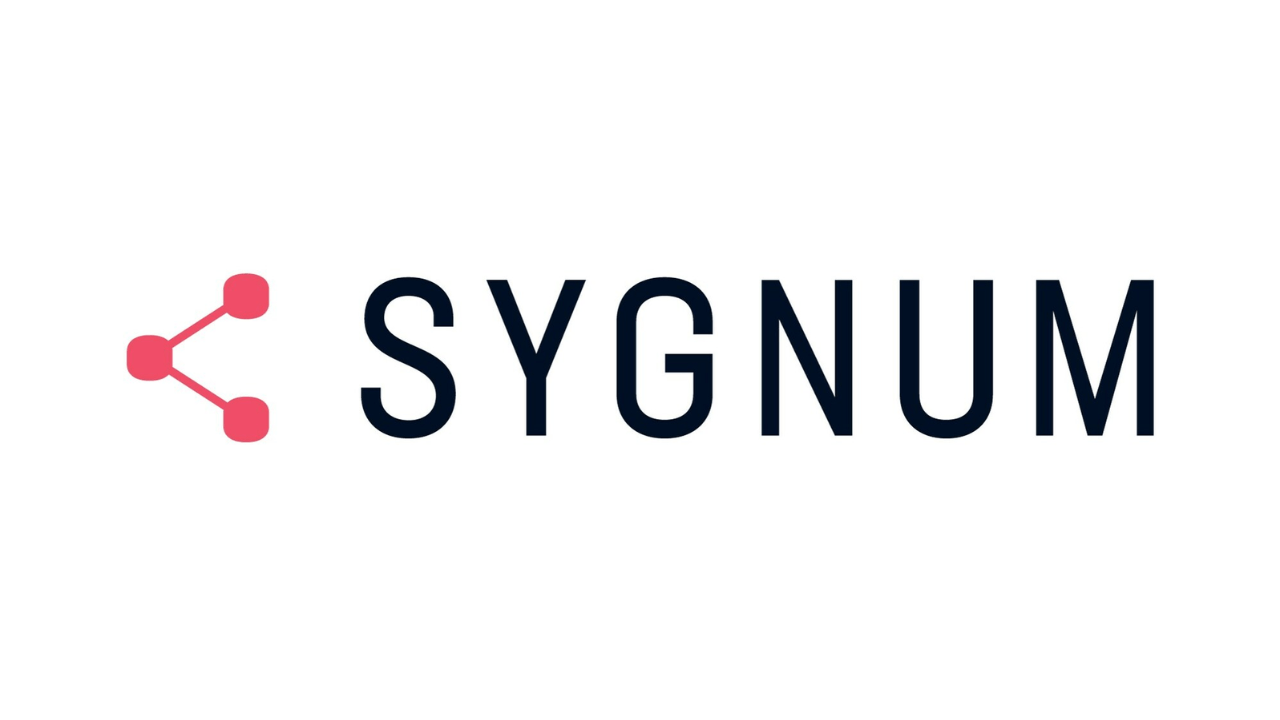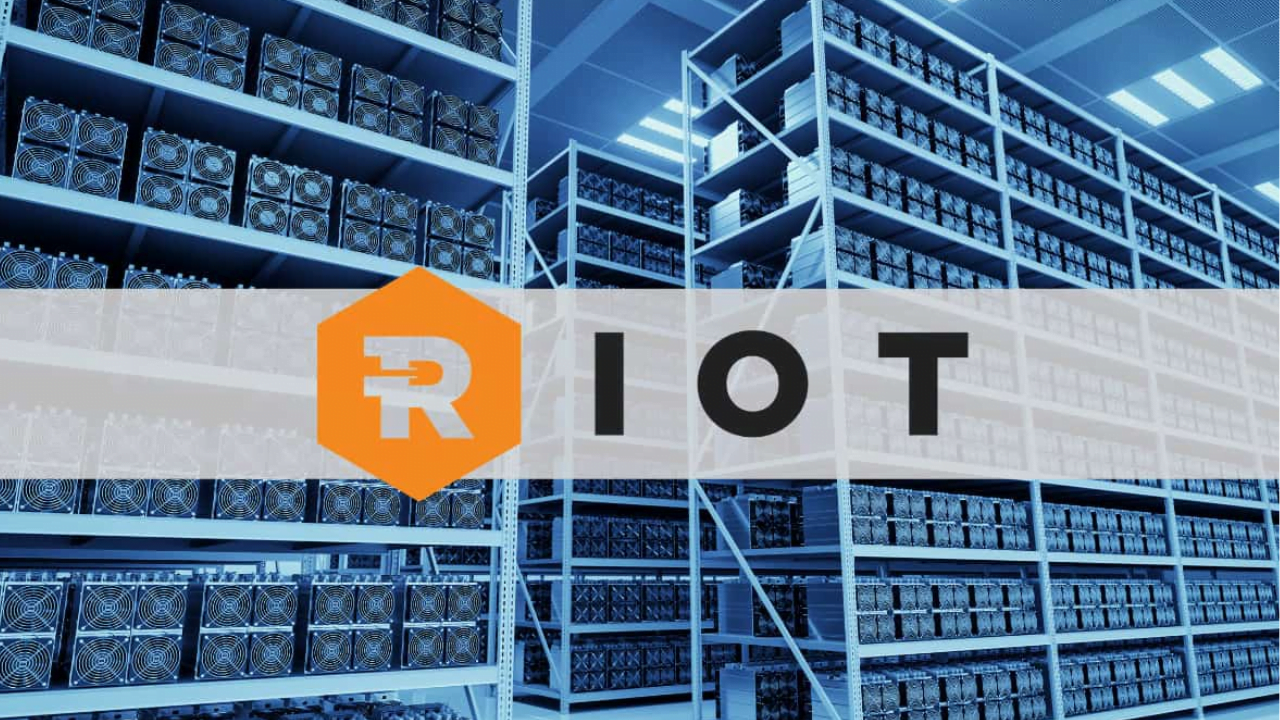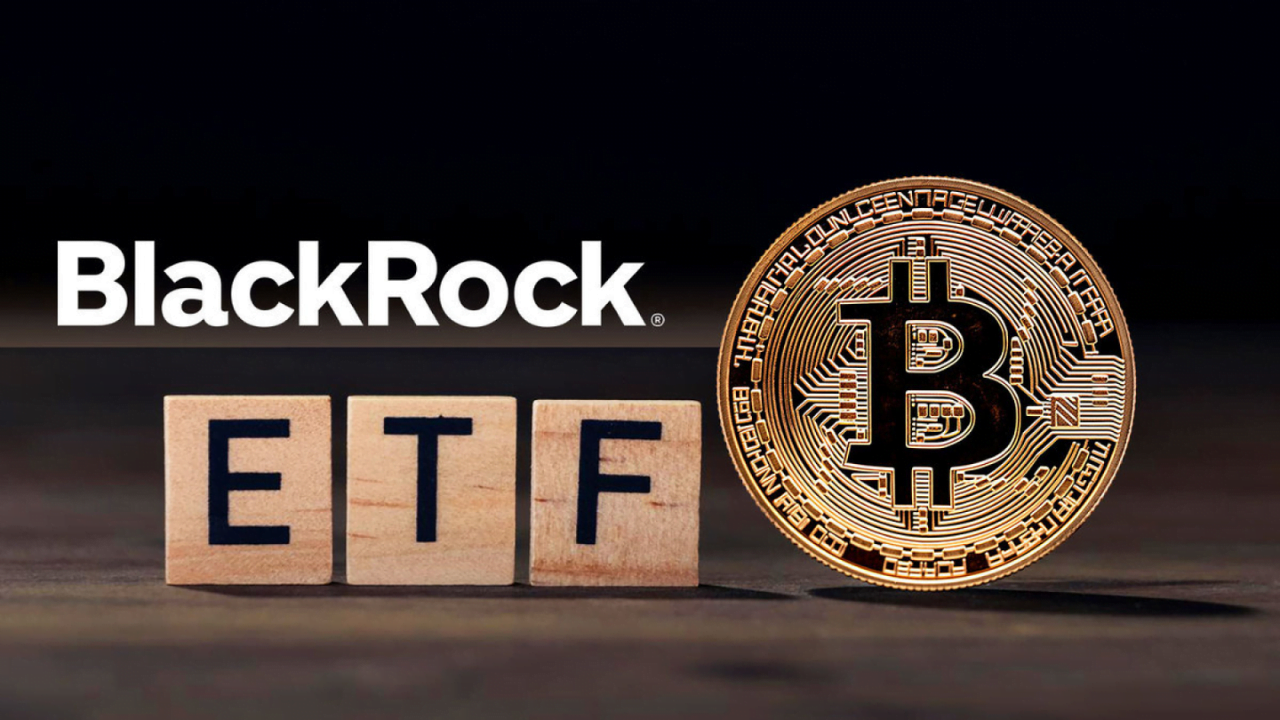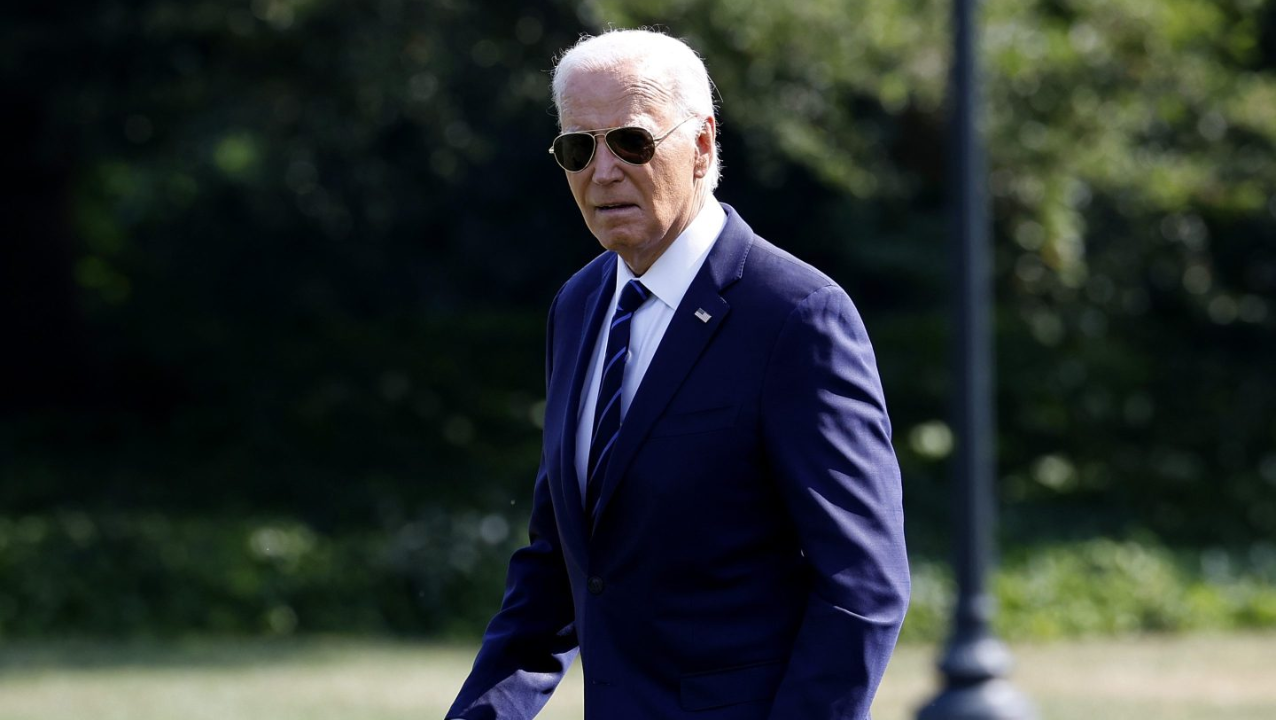In a significant move towards regulating the burgeoning cryptocurrency market, Hong Kong’s Securities and Futures Commission (SFC) has announced its plans to conduct on-site inspections of crypto trading platforms. This decision comes as part of the regulator’s efforts to ensure that these platforms are interested in continuing their licensing applications as a crucial deadline approaches.
By the 1st of June, 2024, all cryptocurrency platforms in Hong Kong, known as Virtual Asset Trading Platforms (VATPs), must either be licensed by the SFC or be under a “deemed-to-be-licensed” status. This latter status is a temporary arrangement that allows platforms to continue operating while they work towards full compliance with the SFC’s regulations. Any platform operating beyond this deadline without either of these statuses would be committing a criminal offence, breaching anti-money laundering and counter-terrorism laws in Hong Kong.
The Road to Compliance: Hong Kong On-Site Inspections and Regulatory Requirements
In the months leading up to the June deadline, the SFC will be conducting on-site inspections of VATPs that are currently deemed-to-be-licensed. The purpose of these inspections is to verify their compliance with the SFC’s regulatory requirements. The focus will be on how these platforms safeguard client assets and their adherence to know-your-client processes.
Currently, only two entities, OSL Digital Securities Limited and Hash Blockchain Limited, are listed as licensed by the SFC. There are 18 other entities whose applications are still being processed, while 11 entities have either withdrawn their applications or have been removed from the system. Notably, crypto exchanges OKX and Huobi Hong Kong have recently withdrawn their applications.
By the 1st of June, it will be clear how many of the 18 entities remain in the SFC system as “deemed-to-be-licensed.” This will be a critical moment for Hong Kong’s ambition to become a major hub for cryptocurrency trading. If several or some of the 18 applicants fail to meet this important deadline, it could cast a shadow over Hong Kong’s crypto aspirations.
The SFC has stated that it does not expect applicants to actively market their services or onboard new retail clients before being fully licensed. This suggests a cautious approach by the regulator, prioritizing compliance and oversight over rapid market growth.
Angela Ang, a senior policy adviser for blockchain intelligence firm TRM Labs, commented on the SFC’s plans. She noted that it was unsurprising that the SFC plans to introduce a higher level of scrutiny than is typical during an application process, such as on-site inspections. She also suggested that the recent spate of application withdrawals might be an effort by the SFC to “clean house” before the deeming arrangement comes into effect.
In conclusion, the SFC’s move to regulate crypto trading platforms represents a significant step towards establishing a secure and compliant crypto trading environment in Hong Kong. As the June deadline approaches, the crypto world will be watching closely to see how these regulations shape the future of crypto trading in the region.








